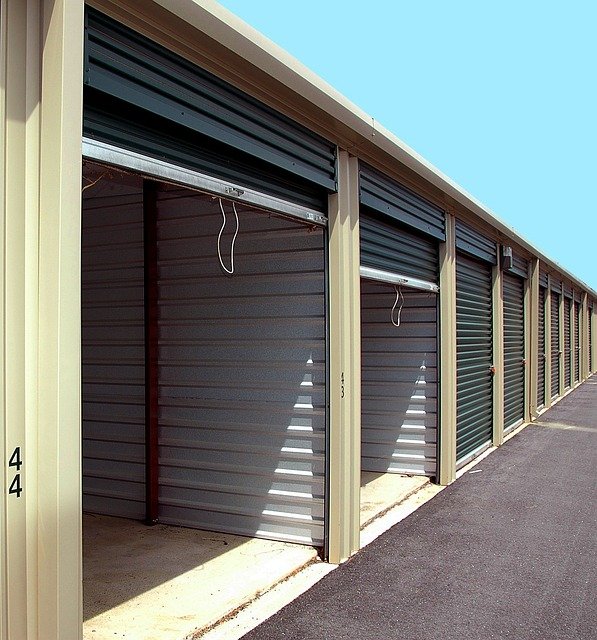Building Locally: The Essential Guide to Expert Construction Services Near You
In today’s ever-expanding housing and development market, finding reliable construction services near you can be both a necessity and a challenge. Whether you’re considering a basement remodel, require the expertise of gas contractors, or need foundation repair, connecting with the right professionals is essential. This article delves into the various aspects of construction services, including room addition contractors, construction cost estimating services, and more.

Understanding the Range of Local Construction Services
Local construction services cover everything from small renovations to full builds, including design collaboration, permitting, and project management. A general contractor coordinates trades such as framing, roofing, electrical, plumbing, and finishing, while ensuring work follows the National Building Code of Canada and municipal bylaws. In practice, this involves sequencing tasks, sourcing materials suited to Canadian climates, and tracking inspections. For homeowners, the biggest advantages are localized expertise and accountability. Teams familiar with soil conditions, snow loads, seismic considerations, and freeze thaw cycles can recommend durable assemblies, from foundation drainage to roof details. When vetting providers in your area, ask about licensing, insurance, references, and recent projects similar in scope to yours.
Expertise in Waterproofing and Insulation
Waterproofing and insulation are essential in Canada, where temperature swings and moisture can shorten a building’s life if not properly managed. Professionals assess risk points such as basements, crawl spaces, and exterior walls, then specify membranes, sealants, and drainage strategies that direct water away from the structure. Insulation choices depend on application and budget, ranging from mineral wool and cellulose to spray foam for hard to reach cavities. Proper air and vapour control layers reduce condensation and improve energy performance, while continuous exterior insulation helps manage thermal bridging. In basements, sump pumps, weeping tile, and exterior foundation coatings may be combined to protect against hydrostatic pressure. Clear documentation of materials and installation details helps ensure performance and warranty coverage.
Electrical and Plumbing Upgrades
Electrical and plumbing upgrades improve safety, efficiency, and convenience. For electrical systems, licensed electricians evaluate panel capacity, grounding, and circuit distribution before adding outlets, lighting, or EV charging. Upgrades often include arc fault and ground fault protection, tamper resistant receptacles, and aluminum to copper transitions where applicable, all performed to the Canadian Electrical Code and local authority requirements. On the plumbing side, pros address aging supply lines, undersized drains, or venting issues that can lead to odours or slow fixtures. Water efficient fixtures, proper backwater valves in flood prone zones, and pressure balancing in showers are practical improvements. In colder regions, pipe insulation and heat trace in vulnerable areas reduce freeze risk. Documented permits and inspections keep upgrades compliant and insurable.
Gas Contractors: Ensuring Safe and Efficient Gas Installations
Gas work demands certified expertise for safety and compliance. Licensed gas contractors size lines, test for leaks, and install appliances like furnaces, boilers, water heaters, dryers, and ranges according to code and manufacturer specifications. They also coordinate venting, combustion air, and carbon monoxide detection. In some provinces, specialized authorities oversee permitting and technician certification, and reputable contractors will advise on the applicable process in your municipality. For replacements, pros assess whether existing venting and gas piping meet current standards, and whether upgrades are needed to support high efficiency appliances. Seasonal maintenance, such as checking heat exchangers, burners, and vent terminations, helps ensure efficient operation and reduces the risk of failures during peak heating periods.
Foundation Repair: The Cornerstone of a Safe Home
A sound foundation supports structural integrity and long term value. In many Canadian regions, frost heave, expansive soils, and poor drainage are common concerns. Signs of trouble include step cracks in masonry, doors that stick, sloped floors, or recurring water ingress. Specialists start with an assessment to determine whether issues are cosmetic or structural. Solutions might include epoxy or polyurethane crack injection, underpinning with helical piles, adding interior or exterior drainage, and improving grading away from the building. In older homes, addressing inadequate footings or deteriorated mortar can be part of a comprehensive plan. Long term success usually combines structural repair with moisture management, ensuring that water is directed away and soils remain stable around the foundation.
Planning, Permits, and Quality Assurance in Your Area
Good planning ties every trade together. Before work begins, professionals confirm scope, drawings, and permit requirements, then prepare a schedule that coordinates inspections and material lead times. Using detailed quotes and clear allowances keeps expectations aligned, while change order processes document adjustments along the way. Quality assurance includes site protection, regular progress reviews, and photo records of concealed work such as framing, insulation, and rough in services. Where energy performance targets apply, blower door testing and thermographic scans can verify air sealing and insulation results. Closeout packages should provide manuals, warranties, and as built notes to simplify maintenance and future upgrades.
Choosing the Right Team for Local Services
Selecting the right partner starts with verifying licensing, liability coverage, and worker safety practices. Local references and recent similar projects help demonstrate reliability. Transparent communication, realistic timelines, and a documented dispute resolution process are indicators of a professional approach. Ask how the team manages supply chain variability, weather delays, and site cleanliness. For complex projects, consider whether the contractor offers design build services or collaborates seamlessly with your architect or engineer. Finally, look for providers who tailor recommendations to your climate and neighbourhood, rather than offering one size fits all solutions.
A well coordinated construction team brings regional knowledge, code compliance, and trade depth to every stage of a project. By understanding the roles of waterproofing, insulation, electrical and plumbing upgrades, gas installations, and foundation repair, homeowners can set clear expectations and evaluate proposals confidently. Careful planning, verified qualifications, and thorough documentation provide a path to durable, comfortable, and safe results in your area.




